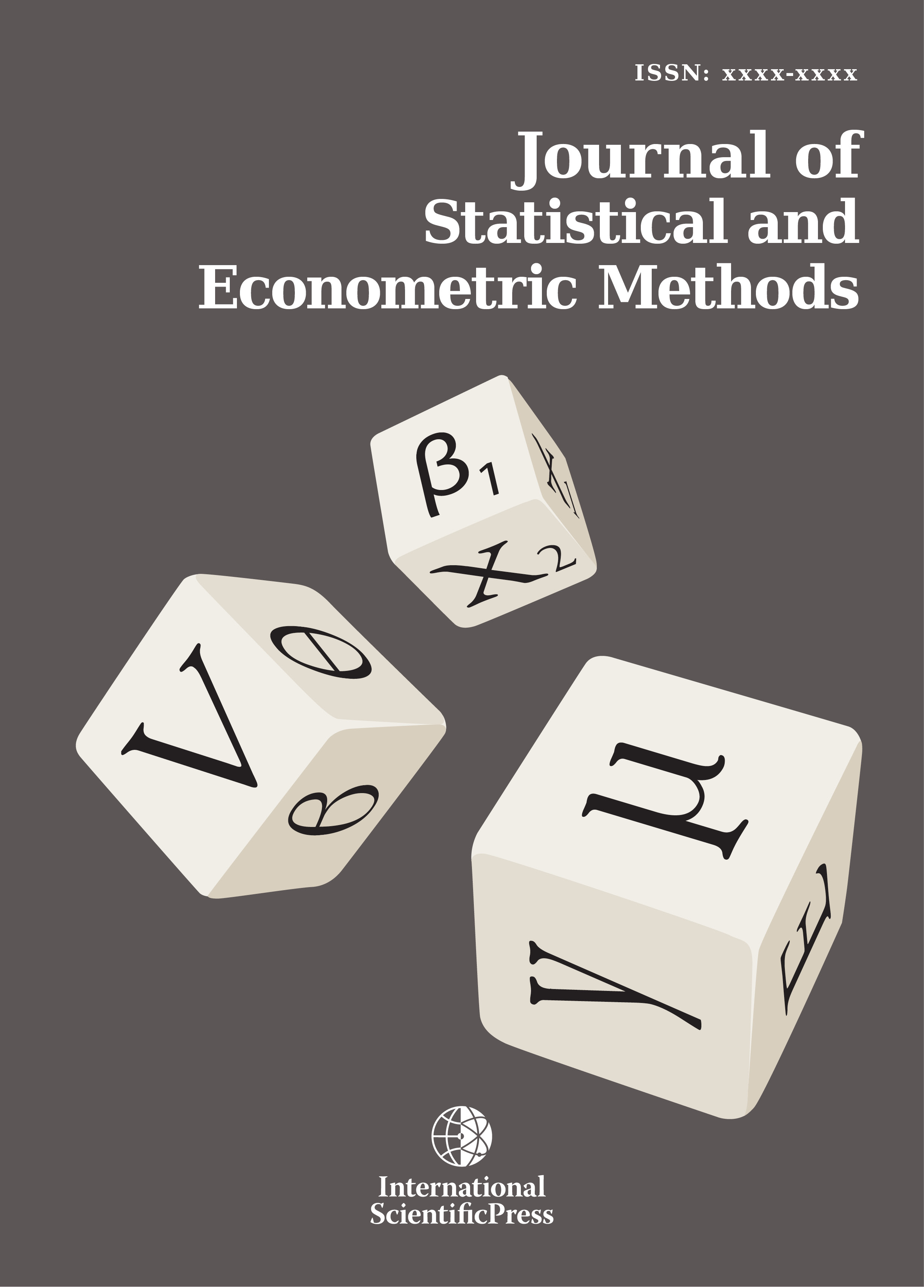Journal of Statistical and Econometric Methods
Age Cohort Affects on U.S. State-Level Alcohol Consumption Shares: Insights Using Attraction CODA
-
 [ Download ]
[ Download ]
- Times downloaded: 8526
Abstract
One of the most significant demographic changes predicted for this mid-century is in the age distribution of the U.S. population. Few aggregate empirical studies in the alcohol demand literature account for the entire age distribution of a jurisdiction in the statistical analyses. Herein, we propose the use of the attraction CODA empirical framework to model age cohort impacts to state-level beer, wine and spirits consumption shares in the U.S. for the years 2008 - 2020. This compositional construct, based in simplicial geometry, allows researchers to keep intact the entirety of states' age distributions without designed transformation. Age related results show that declines in states' beer shares are attributed to, mainly, proportional increases of states' 35-54 year-old cohorts. States with increasing older to elder population proportions experienced increases in wine shares and states' 35-54 year-old cohorts again, not younger populations, are key in driving the increased states' spirits consumption shares.
JEL classification numbers: C10, C19, L60.
Keywords: Age cohorts, Alcohol consumption, Compositional regressions.
